|
"Socialization" is one of the most common fears for any family contemplating homeschooling their child. This is the wrong word and concept, though. Dogs and cats are socialized. Humans are taught how to interact with others, ideally, their peers of the same age and socioeconomic background, and others who are not like them. Homeschooling can seem like isolating your child, but it really doesn’t have to end up like that. In fact, because of the nature of homeschool groups and activities, homeschoolers often successfully interact with a wide variety of people. Children can still develop their "socialization" skills in many other ways if they don’t go to public or private schools. Kids tend to learn their best socialization skills from activities they do with their own families, not from following the in-crowd at school. In fact, when my daughter was in public school for 2-1/2 years, we constantly heard that she spent too much time socializing. When I'd visit her school at lunchtime, kids were often told where to sit, when to talk, and quite often, her class had lost the privilege of socializing. When homeschooling, don't get caught up in the lie that your homeschooler won't be "socialized." If anything, that's a good thing. For my daughter, I want her to grow up to know how to interact with a wide variety of people. Here are five ways to do just that. Family Activities A good place to start is to plan a lot of activities that the whole family can do together. Playing board games as a family teaches teamwork, patience, taking turns, and how to be a sore loser (or a humble winner). Doing outside activities as a family encourages family dynamics and working together toward an end goal. Those are good things to teach; after all, you are rearing a man or woman, not raising a child. Your child won't be little forever and he or she needs to know how to work with people. Field Trips and Parks Field trips to sightseeing areas or just spending time at the local parks can allow them to interact with other kids for brief periods of time while you monitor their activities. When my daughter and I go to the park, she often organizes the other kids there in games of tag or hide-and-seek. Field trips are not just educational academically, but they also offer opportunities to interact with adults and children of all ages. Encourage your child to take the lead on talking with the ticket clerk or the gift shop attendant. Neighborhood They can also develop their peer-to-peer social skills by mingling with other kids that live in your neighborhood. They can develop friendships with other kids even if they’re homeschooled and their peers are not. Don't dismiss making friends in your own neighborhood. If you don't want your child to go to other homes (I know I don't), you can set your yard up as "the" place to be. A trampoline, swingset, yard games, and other activities can be child magnets. Keep a supply of child-friendly snacks and drinks at the ready and you're set. Invite the parents over, too, for a cookout, and build community and friendships across the board. Local Groups Socialization doesn’t just occur within the walls of a traditional school. Allow your child to join local groups for kids their age. Trail Life for boys and American Heritage Girls are popular faith-based groups for children to join and develop lifelong friendships. They learn new things and do activities together as a group. Some churches have youth groups children can join as well. Or, your child could participate in little league baseball, take swimming lessons, or participate in some sort of homeschool sports team. We recently signed our daughter up to take tennis lessons at a local recreational club operated by the city. Although we count this as PE, since she's interacting with other girls a little younger and older than she is, it helps her make friends and interact with people while doing something fun. In Public Teach your children to happily answer questions about homeschooling to other people they meet. Sometimes other kids can be so inquisitive that they want to ask many questions, and this helps break the ice for both of them - allowing a healthy friendship to develop. Our public library has a homeschool day once a month which is great because it enables other homeschoolers to get to know one another and talk. Encourage your child to ask for help from adults in stores who are wearing nametags. You need to focus on enhancing your children’s socialization skills, but never force them to find friends. The only way this can successfully happen is if it happens naturally. The more forced it is, the more likely your child won’t be able to make close bonds with his or her peers. To help develop your child’s socialization skills, just make sure they’re able to interact with peers their age from time to time. Even being around grown-ups can help foster a positive attitude and social skill that far exceeds that of kids their age. Check out the new podcast:
2 Comments
1/28/2022 04:07:15 am
Very much appreciated. Thank you for this excellent article. Keep posting!
Reply
10/13/2022 01:58:55 am
Great article! I had a good time browsing your website. I don't leave very often remarks, but you deservingly get a thumbs-up! Thank you for sharing your knowledge. Keep it up.
Reply
Leave a Reply. |
AuthorTerrie Bentley McKee is an author and speaker who homeschools her youngest daughter. Married to her husband Greg, they have four children, all of whom have special needs of varying degrees. Terrie is a follower of Jesus Christ and tries to glorify God in all she does. To read more about her testimony, click here. Affiliate LinksHomeschooling One Child is a participant in the Amazon Services LLC Associates Program, an affiliate advertising program designed to provide a means for sites to earn advertising fees by advertising and linking to amazon.com. Check out our YouTube channel!Check out our podcast!Please pin!Archives
January 2024
Categories
All
|
- Home
- Blog
- Podcast
-
Resources
- Teach What is Good Devotional
-
Convention Resources
>
- Homeschooling a Teen with Autism
- Tips on Creating a Disability-Inclusive Church
- How to Teach Your Exceptional Child about Faith
- Homeschooling Preschoolers with Autism
- How to Pick Developmentally Appropriate Curriculum for your Autistic Child
- Overwhelmed
- Homeschooling One Child
- Life Skills Chickens
- Strategies on Homeschooling Kids with Special Needs
- About Us >
- Vlog
- Homeschooling News
- Printables
- Special Needs
- Curriculum
- Encouragement
- Home Management >
- History
- Science
- 25 Days of Advent
- Courses
- Store
(C) 2023 Terrie Bentley McKee ALL RIGHTS RESERVED
- Home
- Blog
- Podcast
-
Resources
- Teach What is Good Devotional
-
Convention Resources
>
- Homeschooling a Teen with Autism
- Tips on Creating a Disability-Inclusive Church
- How to Teach Your Exceptional Child about Faith
- Homeschooling Preschoolers with Autism
- How to Pick Developmentally Appropriate Curriculum for your Autistic Child
- Overwhelmed
- Homeschooling One Child
- Life Skills Chickens
- Strategies on Homeschooling Kids with Special Needs
- About Us >
- Vlog
- Homeschooling News
- Printables
- Special Needs
- Curriculum
- Encouragement
- Home Management >
- History
- Science
- 25 Days of Advent
- Courses
- Store
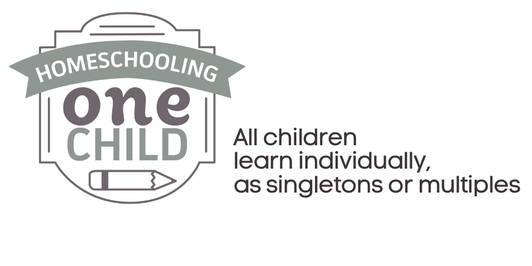
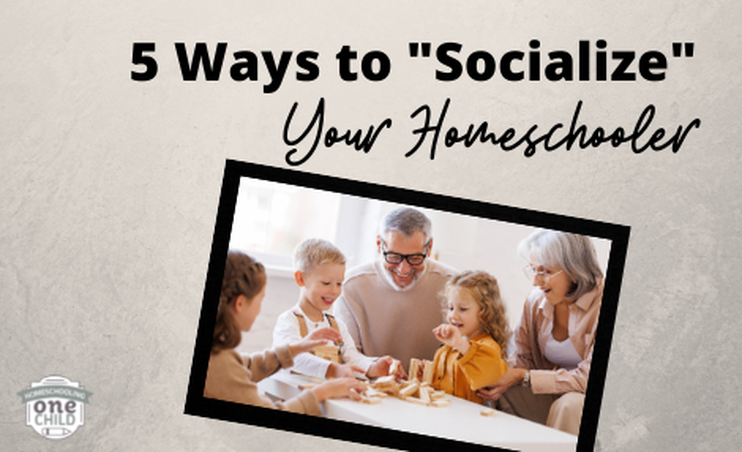

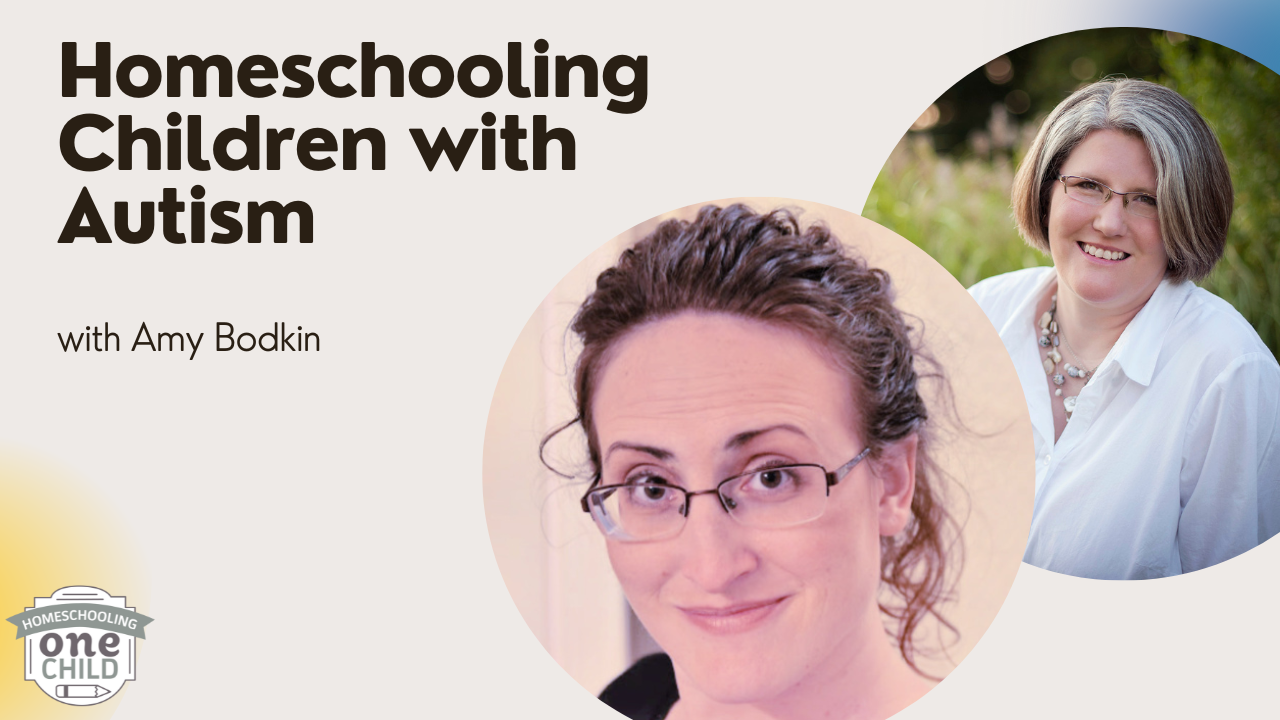
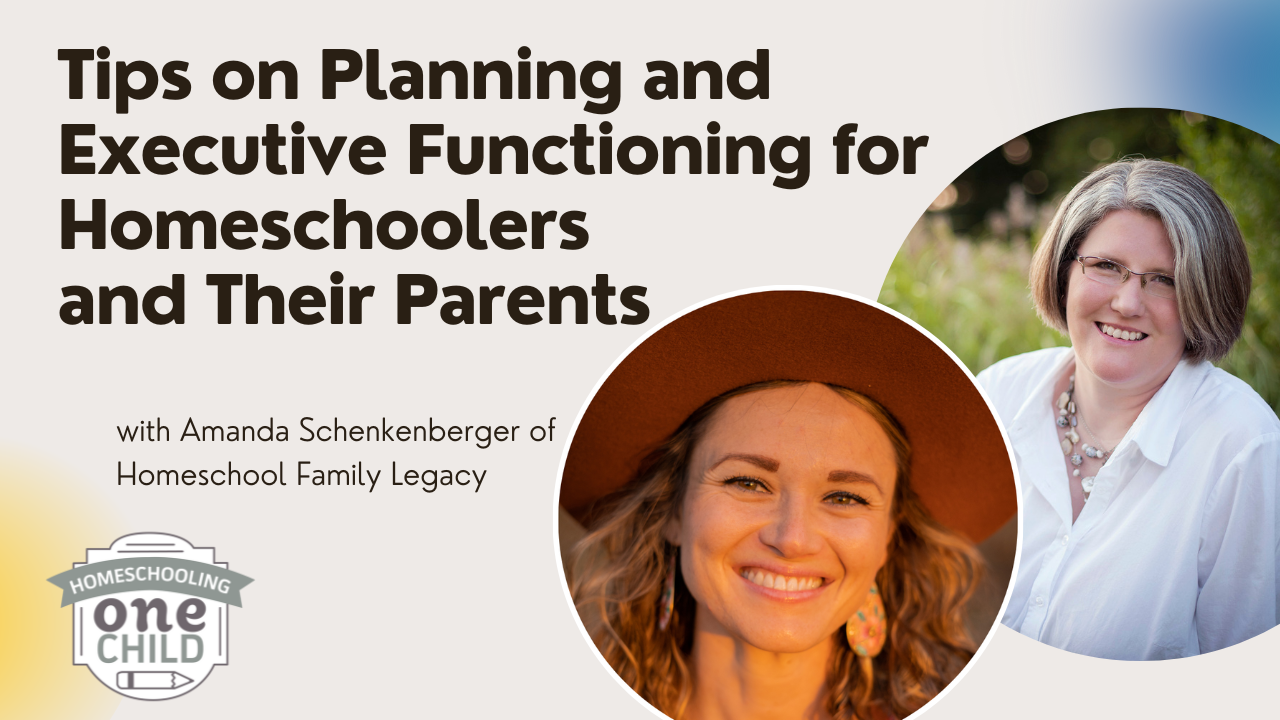

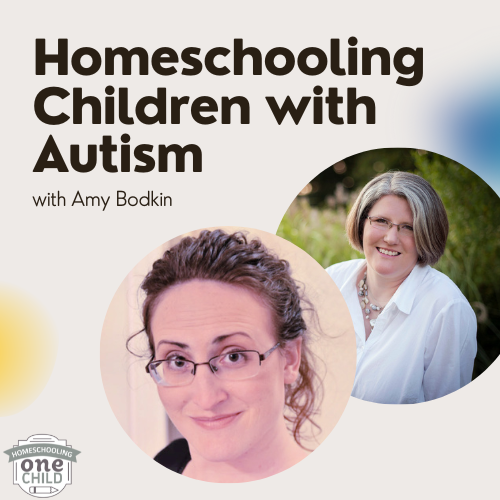
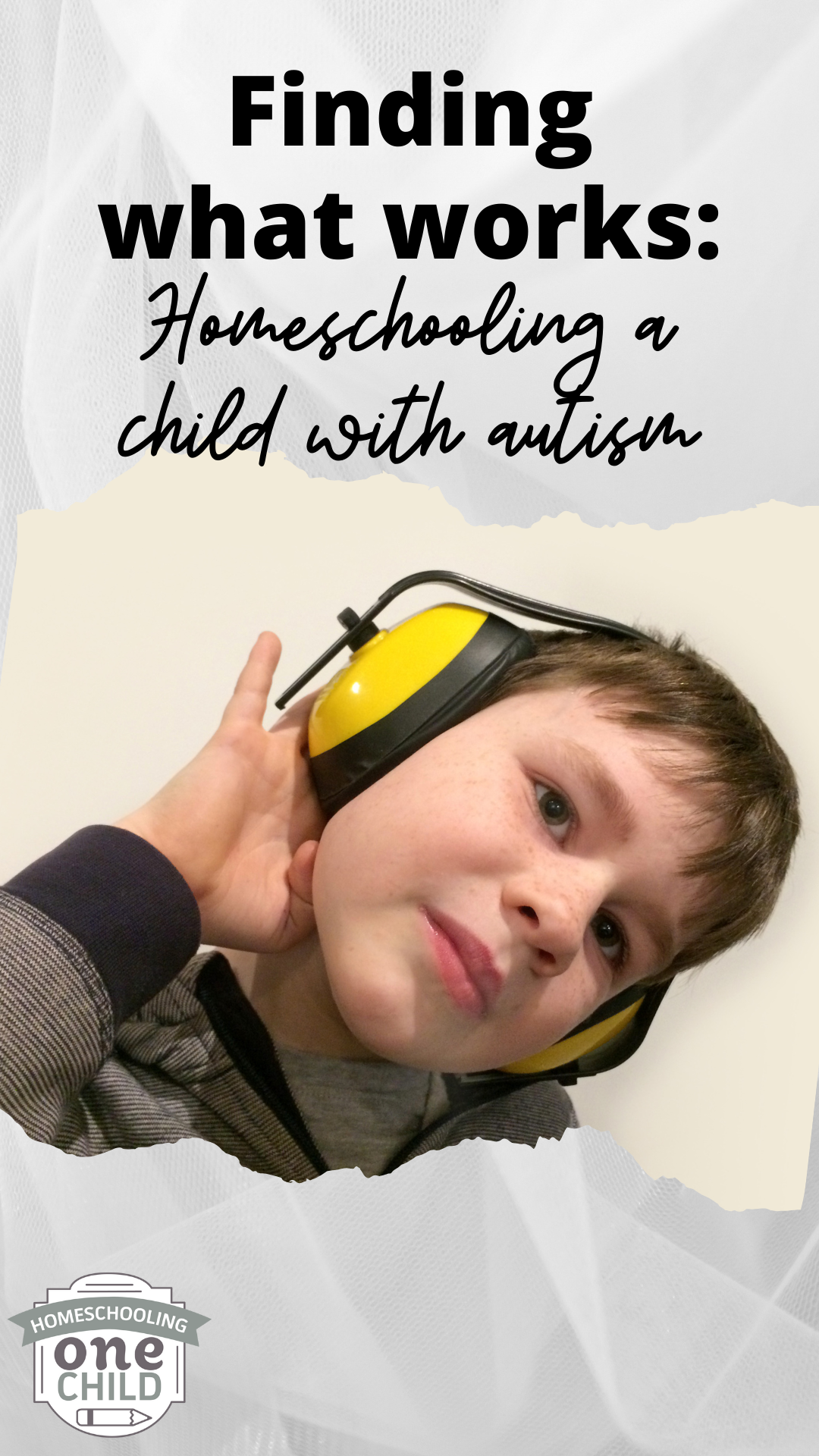
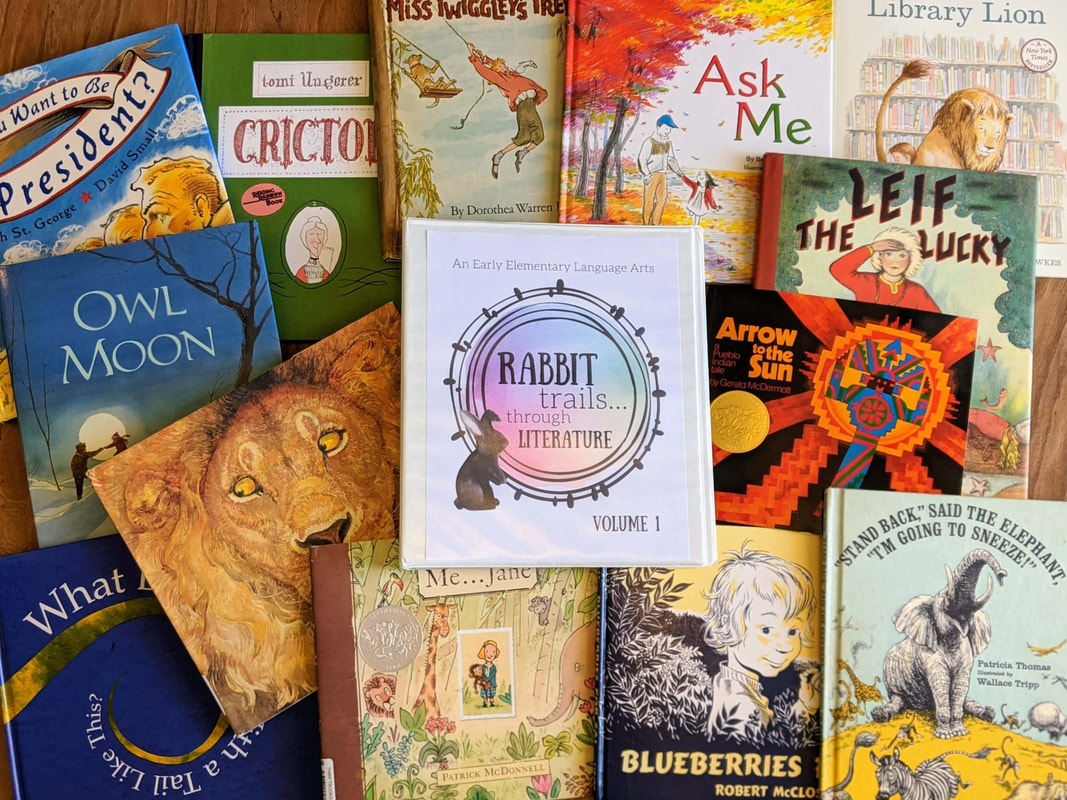
 RSS Feed
RSS Feed
